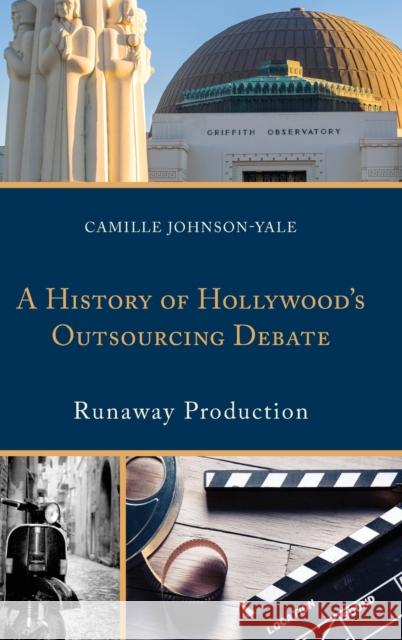A History of Hollywood's Outsourcing Debate: Runaway Production » książka
A History of Hollywood's Outsourcing Debate: Runaway Production
ISBN-13: 9781498532532 / Angielski / Twarda / 2017 / 182 str.
Runaway production is a phrase commonly used by people working in the Hollywood film and television industries to describe the outsourcing of production work to foreign locations. It is an issue that has been blamed for siphoning tens of millions of dollars and thousands of jobs from the U.S. economy. Though runaway production has been examined extensively as a recent economic phenomenon, very little research exists that has explored its cultural meaning and historical development. A History of Hollywood's Outsourcing Debate: Runaway Production addresses these gaps by providing a critical history of runaway production from its origins in postwar Hollywood to its present uses in describing a global network of diverse television and film production communities. Through extensive archival research, Camille Johnson-Yale chronicles Hollywood's postwar push for investment in European production markets as a means for supporting the economy of America's wartime allies while also opening industry access to lucrative trade relationships, exotic locations, and inexpensive skilled labor. For Hollywood's studio production labor, however, the story of runaway production documents the gradual loss of power over the means of television and motion picture production. Though the phrase has taken on several meanings over its expansive history, it is argued that runaway production has ultimately served as a powerful, metaphorical rallying cry for a labor community coming to terms with a globalizing Hollywood industry that increasingly functions as an exportable process and less as a defined, industrial place.











